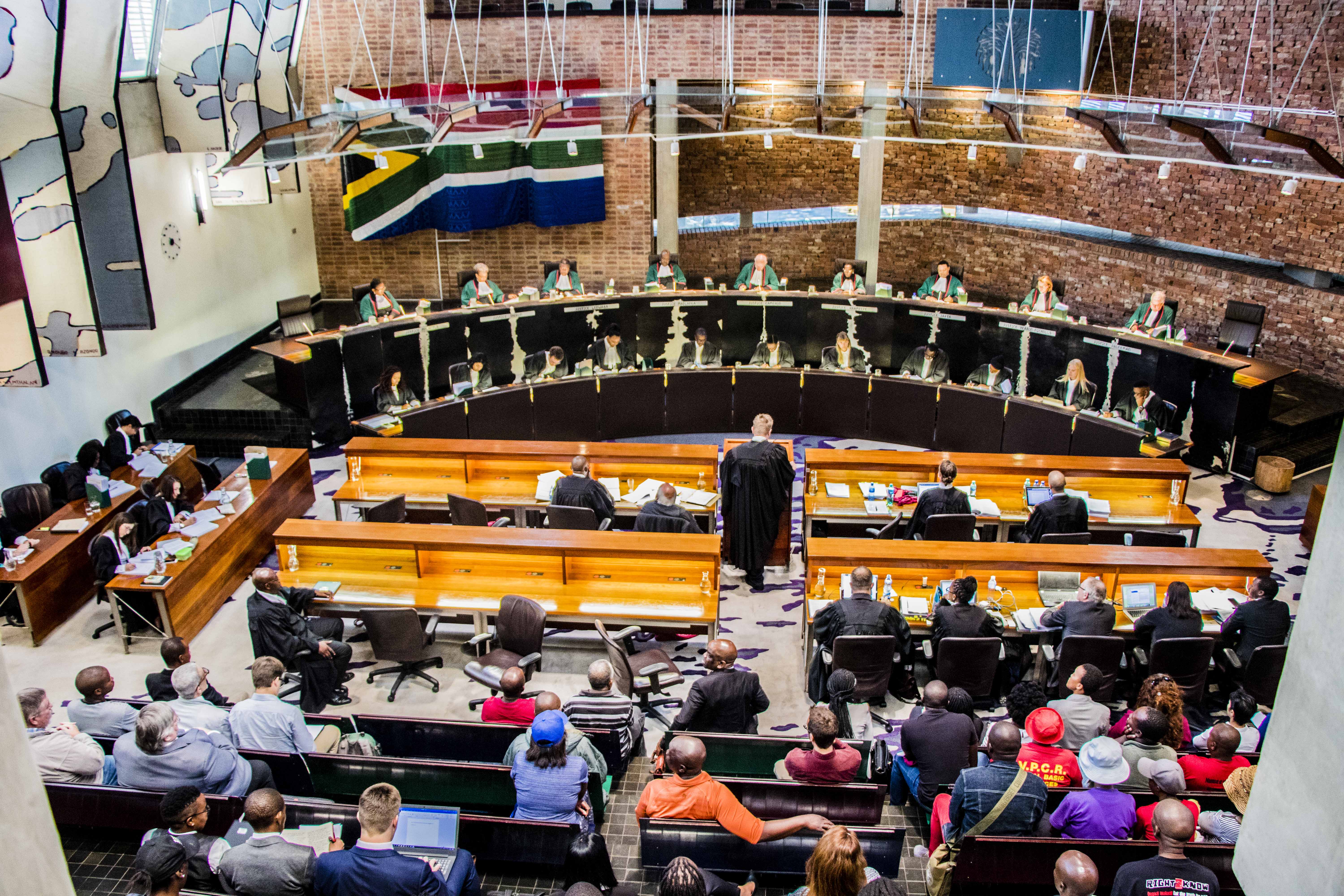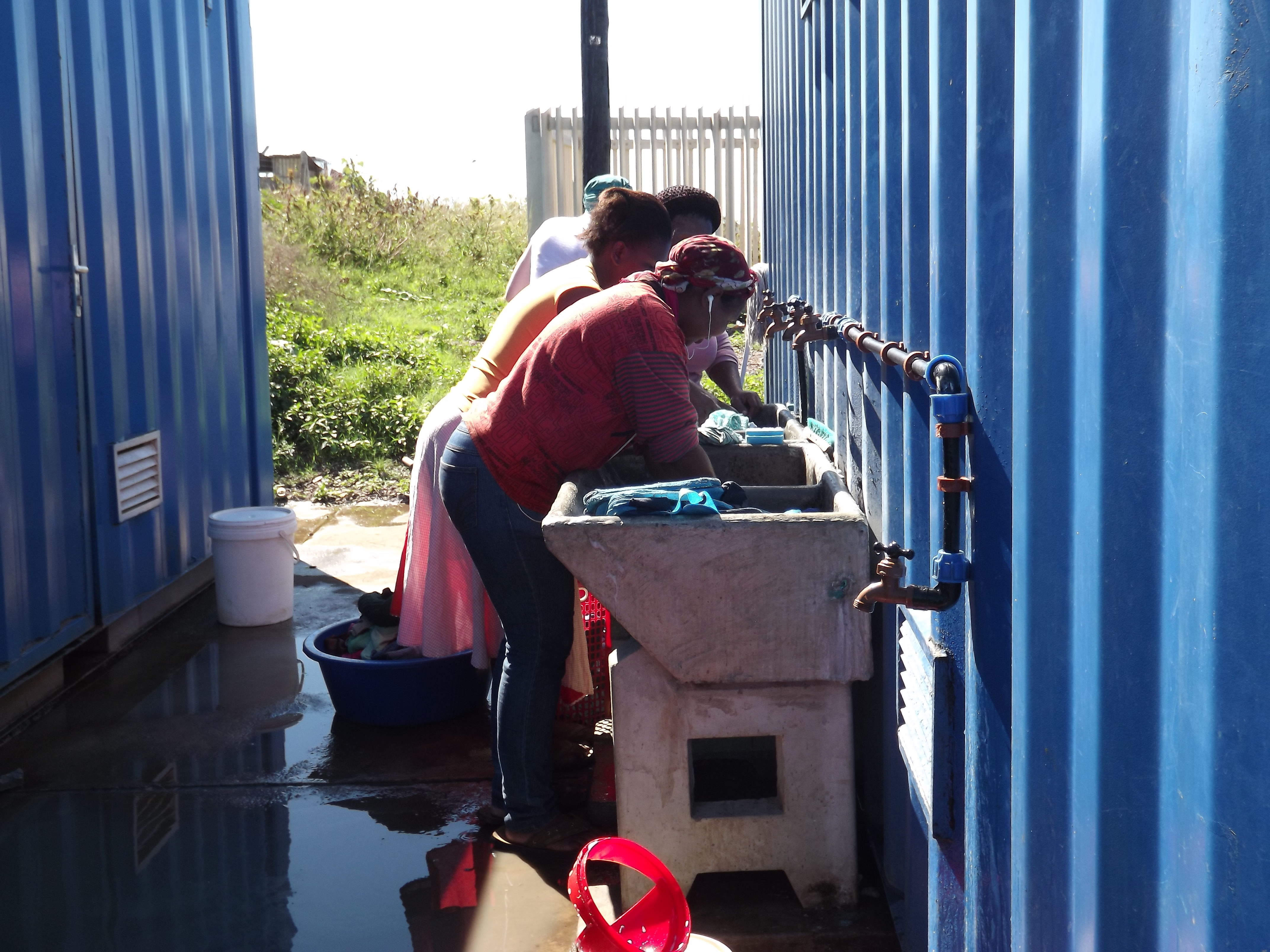Photos: SERI
The Socio-Economic Rights Institute of South Africa (SERI) is a non-profit organisation and public interest law clinic that provides professional and dedicated socio-economic rights assistance to individuals, communities and social movements. We focus our research, advocacy and litigation in three thematic areas: securing a home, making a living and expanding political space. As a recent external evaluation found, “SERI’s work is aligned with national and international drivers, trends and challenges related to the realisation of socio-economic rights and operates on eye-level with the poor and vulnerable in informal settlements and in occupied inner city buildings”.
South Africa faces a wide range of complex social and economic challenges, most of which can be traced back to the fact that South Africa has the worst inequality in the world. This in turns creates a range of other social problems including:
- poverty,
- joblessness,
- discrimination against, or the exclusion of, a range of vulnerable social groups,
- state incapacity,
- recalcitrance and corruption,
- and abuse of private power.
Simply put, the more unequal a society is, the greater the potential for poverty traps to form and for state and private power to be abused. The link between inequality, poor social mobility, abuse of state and private power is well-documented in a number of studies (see additional note 1 below).

The persistence of inequality and its consequences is largely a legacy of colonialism and apartheid. South Africa has chosen to address that legacy through the political and social forms of constitutionalism. The South African Constitution is accordingly not limited to addressing the distribution of power between different government institutions, or to protecting the individual liberties against state interference. The constitutional project embraces the wider goal of achieving substantive equality in the public and private spheres and to ensuring that everyone has access to the basic elements of a decent existence. The Constitution does not rely solely on the state to redistribute wealth and power; it assumes an active citizenry equipped with the tools necessary to articulate and press their rights claims.
In a society based on constitutionalism, and which has chosen to pursue a project of social transformation through law, it is essential that poor and vulnerable people have ongoing access to specialist advice and representation which will assist them to amplify their voices and pursue their objectives using the tools of legal activism.
SERI’s vision is a fairer and more equal society in which the material, political and social benefits of constitutional democracy are available to everyone. SERI is dedicated to the realisation of socio-economic rights as a means of tackling inequality. We work with individuals, communities, social movements and other non-profit organisations to develop and implement strategies to address inequality and realise socio-economic rights. SERI believes that the people who experience poverty and inequality on a daily basis are best placed to devise and implement strategies to challenge these structural issues.
Methodology
Driven by community issues, SERI aims to address local problems in structural ways through a close interweaving of applied research, policy, media and legal advocacy, and public interest litigation. SERI matches structural problems on the ground with a range of interventions, whether in the form of engagement with government, contributing to civil society advocacy networks, or litigating in the public interest.
In order to ensure a coordinated integration of research, litigation and advocacy activities, SERI aligns its work into three key strategic themes. These themes are based on what our clients tell us are the most significant challenges they face in giving effect to their socio-economic rights in South Africa today. In each area, we engage with client communities to provide legal advice and representation, conduct ground-breaking research, and advocate for changes to policy, law and practice.

Securing a Home
SERI works to ensure that poor and vulnerable people have access to secure tenure and adequate housing, water, electricity and sanitation. SERI has been at the forefront of efforts to protect and fulfil the right to adequate housing; challenge unlawful evictions; and defend and promote access to basic services such as water, sanitation and electricity, particularly by pressing for in-situ informal settlement upgrading.
Making a Living
South Africa’s high unemployment rates mean that many poor and vulnerable people work in part-time, low-paid and insecure employment. Many others engage in self-made informal livelihoods strategies and small businesses. SERI’s work therefore focuses on the struggles many vulnerable people face in earning a livelihood by protecting the right to work for those in precarious employment; protecting the right to do business for those reliant on informal livelihoods; and challenging unfair labour practices. In this capacity, SERI work closely with informal traders, informal recyclers (waste pickers or waste reclaimers), farmworkers and domestic workers to improve their access to justice.
Expanding Political Space
We confront the use of the criminal justice system to supress community-based protest, the use of defamation actions, and other common law remedies to stifle protest and freedom of speech, and police violence in poor and vulnerable communities. SERI seeks to protect and expand the political spaces within which communities can peacefully assemble, demonstrate, articulate and campaign for the advancement of their socio-economic rights.
Over the last 10 years, SERI interventions have resulted in the provision of more secure tenure and better housing (see additional note 2 below), secure and expanded rights to make a living, the protection of hundreds of people from arbitrary arrest, detention and police violence. SERI has also been behind shifts in public discourse and policy changes that have benefitted poor and vulnerable people: the development and implementation of a temporary shelter policy in Johannesburg, the better implementation of the informal settlement upgrading policy, changes in police practice in response to law suits and the findings of the Marikana Commission of Inquiry, and the expansion of informal trading opportunities in Johannesburg.
Each of these outcomes of our work is not only the result of a rights-claiming process, but has set the necessary conditions for future rights-claiming and the progressive implementation of a constitutional vision. If, for example, the rights of poor people in the inner city receive more public attention, then greater pressure can be placed on the state to provide appropriate public housing solutions to meet their needs.
To find out more about SERI’s work, visit their website, Facebook and Twitter.
Note 1: See, for example, Richard G. Wilkinson and Kate Pickett, The Spirit Level: Why More Equal Societies Almost Always Do Better (2009); Anthony Atkinson, Inequality: What can be done? (2015); Thomas Piketty, Capital in the 21st Century (2013); Hein Marais, South Africa Pushed to the Limit (2011).
Note 2: SERI’s interventions opposing evictions have directly reached more than 70,000 informal settlement residents, 10,000 inner city residents and close to 1,000 people receiving alternative accommodation.